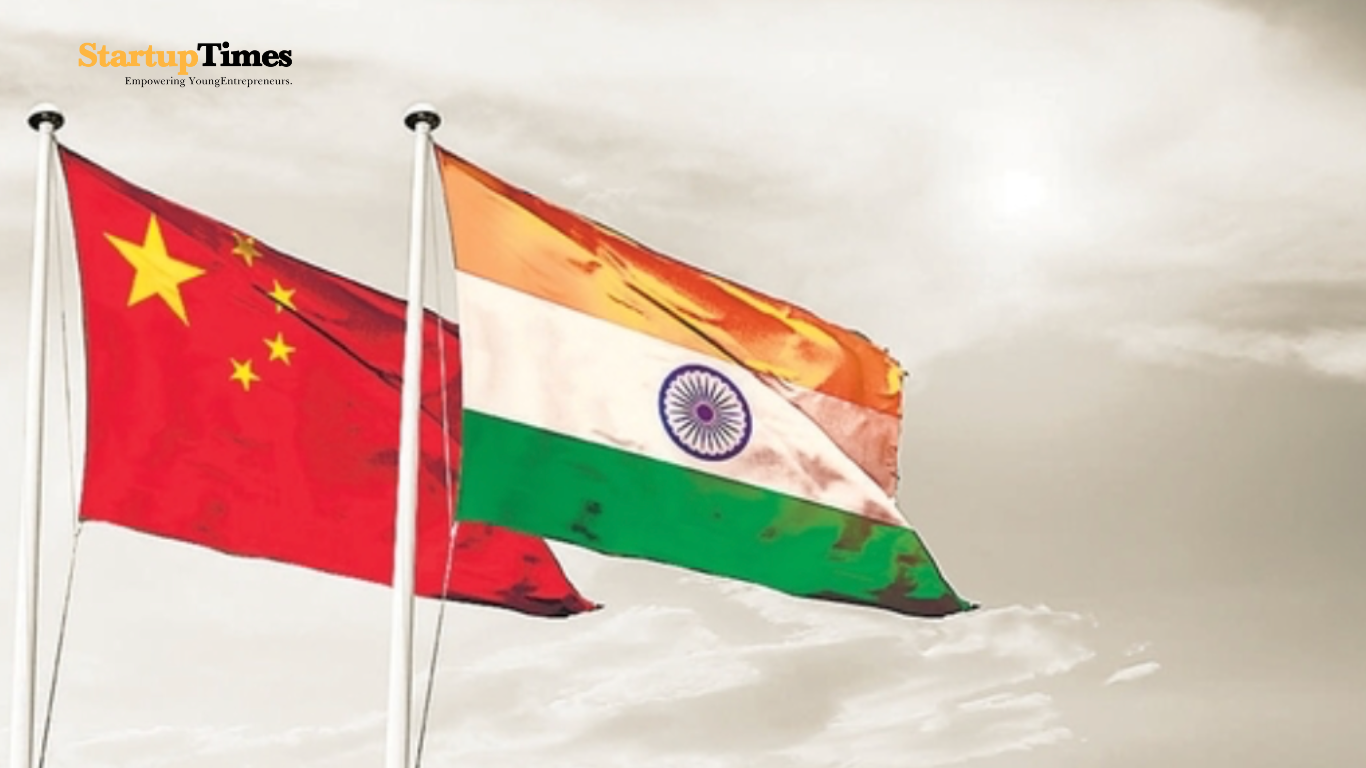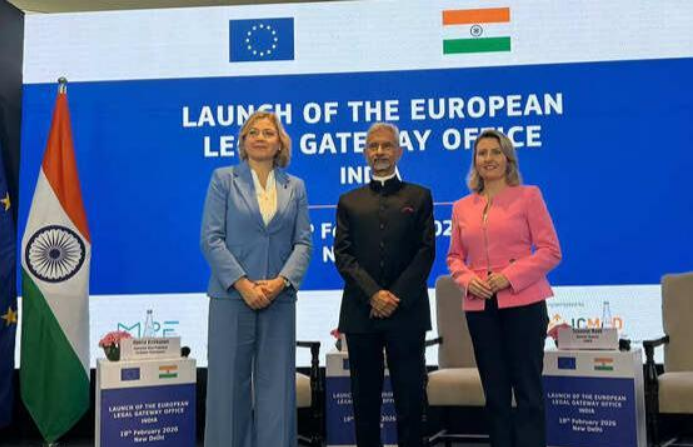In a significant shift in India's startup landscape, a growing number of prominent companies, including fintech giant Paytm and online travel agency MakeMyTrip, are actively reducing or completely divesting stakes held by their Chinese investors. This strategic rebalancing is driven by a confluence of geopolitical tensions, evolving regulatory scrutiny, and a desire for greater autonomy and "Indian" identity.
MakeMyTrip is the latest to make headlines with its ambitious plan to raise over $2 billion to significantly dilute the stake of its largest minority shareholder, Trip.com Group. This move comes after public concerns were raised regarding the extent of Chinese influence on the company's board and potential data security implications. While Trip.com will remain a significant shareholder, its voting power is expected to be capped below 20% from a previous 45.95%. MakeMyTrip has emphasized its adherence to Indian laws and data privacy standards, dismissing the allegations as "malicious and motivated."
This trend is not isolated to MakeMyTrip. Paytm, for instance, has already seen Ant Group (formerly Alibaba) reduce its stake from approximately 25% to a mere 5%. Similarly, food delivery platform Zomato facilitated complete exits for both Alibaba and Fosun. Other notable Indian startups like BigBasket, Delhivery, and Pratilipi have also provided exits to their Chinese investors in recent times.
The impetus behind this unwinding of Chinese ownership can be traced back to the escalating border tensions between India and China since 2020. This has led to increased governmental scrutiny over foreign direct investment, particularly from countries sharing a land border with India. New regulations have been implemented, requiring government approval for such investments, primarily aimed at preventing opportunistic takeovers.
For Indian startups, the reduction in Chinese ownership serves multiple purposes. Firstly, it addresses national security concerns, especially for companies dealing with sensitive user data. Secondly, it helps in mitigating reputational risks that have emerged with the public sentiment against Chinese investments. Thirdly, it paves the way for a more diverse investor base, potentially attracting capital from Western and domestic sources.
While Chinese investments played a crucial role in the growth of many Indian startups, filling a capital gap and bringing in valuable expertise, the current geopolitical climate necessitates a recalibration. The shift signifies a maturing Indian startup ecosystem, eager to assert its independence and align with national strategic priorities. The long-term impact is expected to be a more resilient and self-reliant startup sector, even as it navigates the immediate challenges of finding alternative funding sources to continue its growth trajectory. This strategic unwinding is a testament to India's commitment to bolstering its economic sovereignty in a complex global landscape.










